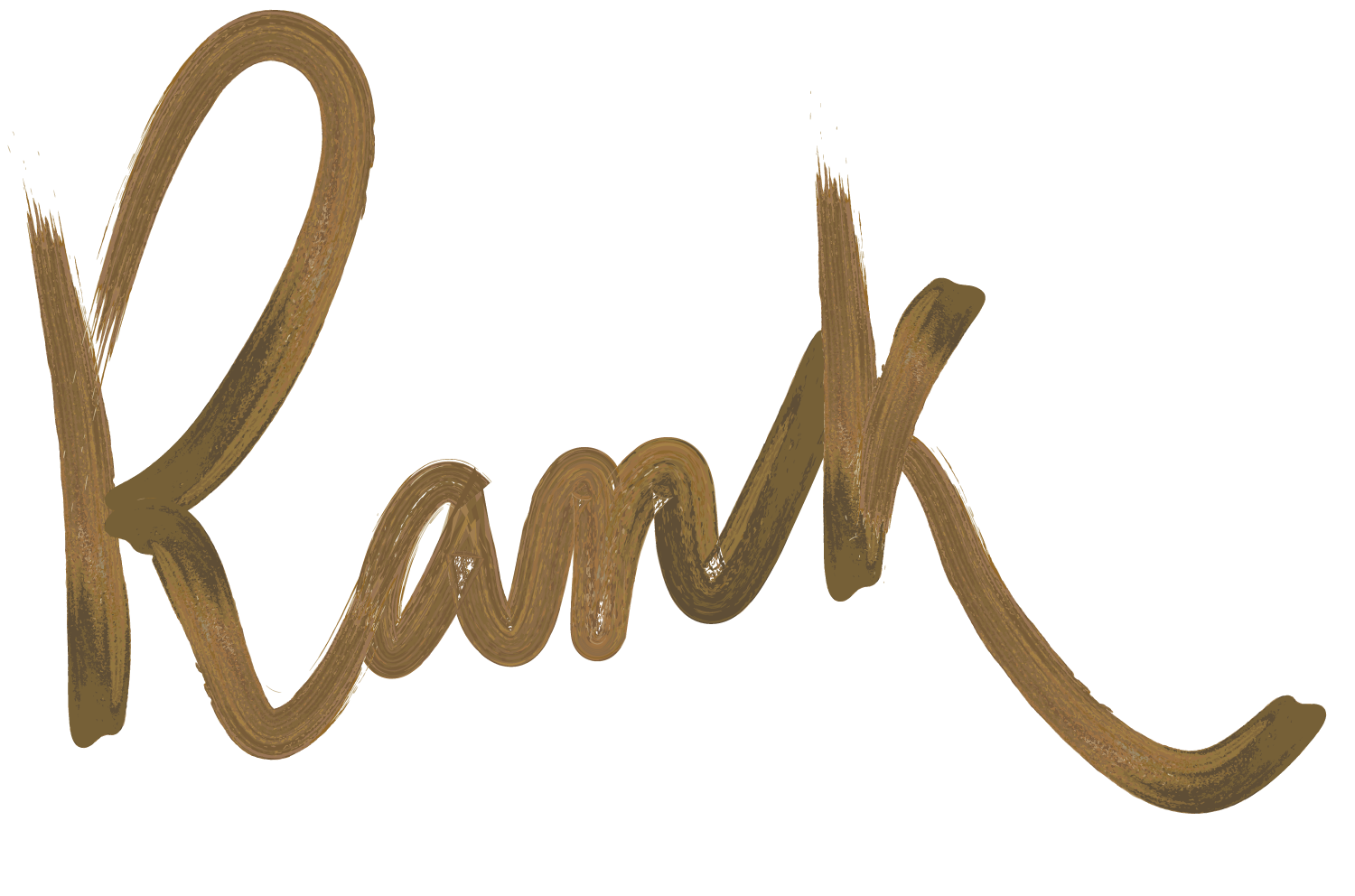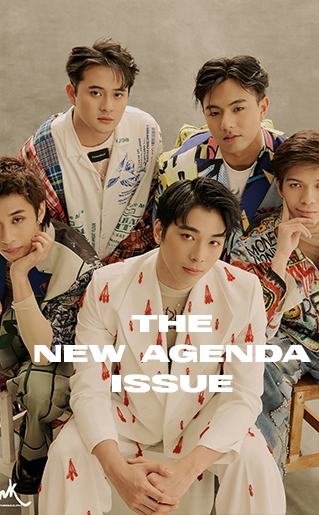Let’s establish something real quick. Historically, Filipinos have shown more favor towards lighter-skinned women after centuries of being under colonial rule from races that are predominantly lighter skinned than us. From the Spaniards, to Americans, and then to the Japanese—Filipinos were always second-class citizens in our own country, ruled by races who saw our skin color as marks of a “lesser” people.
As the years went by, we were eventually granted liberation, but the ideologies planted in our grandparents’ cultural mindset remained, trickling down to the generations that followed. We see this today in the countless advertisements promoting whitening products to morena Filipinas, the admonition young girls used to get from their mothers and grandparents when playing too long under the afternoon sun, and now at the blatant colorism and racism against Miss Universe Canada Nova Stevens from Filipinos.
It’s easy for us to forget that we were only liberated from Japanese rule in 1945, and American influence was still pretty much impactful in the years that followed. In reality, it hasn’t been that long since our own grandparents and their parents lived through the daily discrimination and oppression against Filipinos at that time. Not to mention the insult to our own skin tones, which are generally leaning more towards the darker shades. Remembering this, it’s easier to comprehend just how deeply-etched into our culture colorism actually is, especially with older generations still convinced and active in promoting the notion that lighter skin colors are more beautiful, respectable, and socially acceptable.
Fast forward to 2021, and although there has been a lot of progress towards showing *morena-*skinned or brown-skinned Filipino women more love, there’s still so much more work to be done.
The most urgent matter to be discussed is the issue at hand of racism against Nova Stevens, fueled by colorism, or the discrimination against darker skin tones solely because of its color.
In an Instagram post, Miss Universe Canada 2020 talked about the harsh comments people have made against her skin color, particularly from certain countries’ pageant fans. The post included statements that are all notably from Filipinos, with horrible remarks like “akala ko engkanto” (I thought she was a supernatural creature), “parang hindi siya tao” (it’s like she’s not human), and so many more ignorant and disgusting comments about her dark skin.
In the post, Stevens emphasized that she isn’t generalizing all Filipinos as racists, but these comments are the ones that kept being sent to her, so these are the ones she opted to include in her post:
“This post is not a generalization, which is why I said “some”. Also I was not sure of the language these comments are from until reading some of the comments. In case it’s not clear. I don’t think all Filipinos are racist. That would be ridiculous to say. This picture with texts was constantly being sent to me recently which is why I shared it. I’m well aware that there are multiple countries that think this way. I’m sharing this as a teaching moment so that we can make Pageants fun and enjoyable for all.”
There are many things to unearth from this incident, but one major theme to dissect if the fact that most of these comments use Steven’s skin color as a jumping board for jokes. It’s a clear indication of how the main root of most Filipinos’ racism against Black people is solely based on the color of their skin, as they see it as something ugly, inhuman, and unacceptable. Something we ourselves have to deal with from both people in our community, and foreigners from the outside.
In an international competition that’s all about showcasing the different kinds of beauty across the world (or the universe, rather), it’s an alarming reality that our own people ridicule others for features that we ourselves get ridiculed for. One would think we’d be more appreciative, or at the very least respectful, of women closer to our skin tones, but it seems that this is far from the case.
It’s also quite concerning to see how brave and comfortable people feel sharing such hateful comments in public. It shows a great deal of how acceptable people think it is to believe such things, let alone share it online. As if having an “opinion” about someone’s physical features is license enough to say whatever it is you want to say online, regardless of how harmful it could be to that person.
We are all painfully aware that Filipinos could be pretty harsh, especially in jest, but it’s no excuse for racism, colorism, and just downright disrespect. This isn’t an isolated case either. Many times, the local social media space and even physical spaces could harbor some of the most blatant cases of discrimination Filipinos have against darker skin tones, unconscious or not, even towards men and women within our own community.
Think about the classmates who got bullied in your own schools, and the names they were called to poke fun at their morena or moreno skin tones. Think about the unspoken bias in corporate jobs against tanner individuals, may it be from natural genes or participating in activities under the sun, and its false connotation of unprofessionalism or incompetence. I cannot count how many times I’ve seen advertisements throughout my childhood that depict morena girls as poor, sad, never getting the boy, and pathetic. Then being presented with images that show how happy these beautiful morena girls became when they started taking whitening products.
Colorism is deeply entrenched in our society, and it’s frankly not surprising to see it being called out in such a global scale. It’s both embarrassing and saddening that we, as a people, see our own natural beauty as something that’s not, and it’s even more shameful that we’ve allowed it to grow into discrimination against people of other races.
Will ignorant people stop being ignorant just because they’ve been called out by a Miss Universe candidate?
Definitely not. But this incident is a reminder to us all that there is a serious problem of color-based beauty standards in Filipino society, and it’s eating away at our young girls’ and boys’ self-esteem, sense of self-worth, and understanding of what “beautiful” is. It is also painting a pretty darn ugly picture of us as a people when these ideologies are manifested in the comments section of a post celebrating the different types of beauty around the world.
At the end of the day, the biggest thing to take away from this is that we have a huge battle to face as a people in terms of unlearning harmful ideologies forced down on us by constant colonial pressures and its after-effects. We’ve already made some progress throughout the years, but this incident is proof enough that we still have a long way to go.
And go, we shall.


